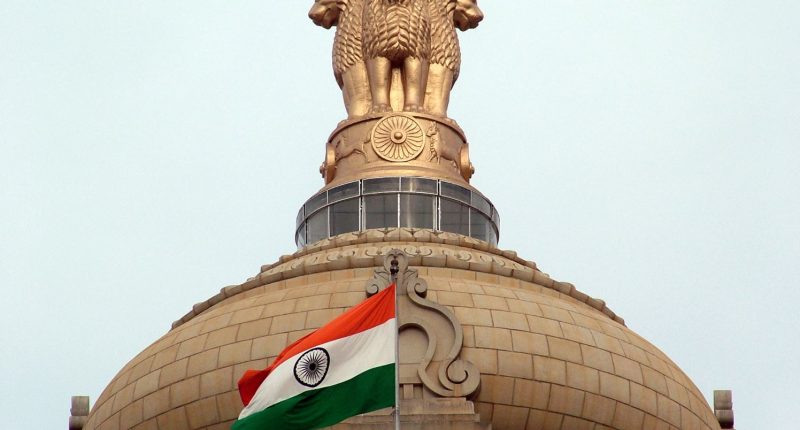Recent times has seen India, the world’s second-largest internet market, crack down hard on digital lending apps that operate in the country, ramp up scrutiny and identify those that use predatory and unethical business practices. Last month, it made things tough for these apps to operate in this manner via stringent rules and guidelines aimed to stop it from taking advantage of users.
In this vein, it was helped by the efforts of tech giant Google, which announced that it had pulled over 200 personal loan apps (that were targeting Indian users) from its Play Store in India this year.
And now, it is continuing its crackdown on such unethical loans apps. According to a fresh statement by India’s finance ministry, the government has asked the Reserve Bank of India (RBI) to create a “whitelist” of all legal digital lending apps.
Once the list has been made, it shall be ensured by MeitY (Ministry of Electronics and Information Technology) that only those apps that appear on the whitelist have a presence on the app stores operating in the country – the Google Play Store and the Apple App Store.
This development comes after Nirmala Sitharaman, the country’s Union Minister for Finance & Corporate Affairs chaired a meeting on Thursday to discuss the various issues related to the loan apps that operate outside the regular banking channels.
The meeting saw the presence of the Finance Secretary, Ministry of Finance, the Secretary of Economic Affairs; Secretary of Revenue, & Corporate Affairs (Addl. Charge); Secretary of Financial Services, Secretary of Electronics & Information technology, and the Deputy Governor and Executive Director of the RBI.
These loan apps offer micro credit, or small loans, to individuals at exorbitant rates of interest. These individuals, a majority of whom lack financial literacy, fall in the traps of these digital loan apps, and when they are unable to repay the amount, the apps resort to predatory practices, such as blackmailing and criminal intimidation, to recover the money.
Apart from the whitelist, it will be the duty of the RBI to monitor “mule” or “rented” accounts for money laundering practices and review, as well as and cancel the licenses of dormant NBFCs. The RBI should also ensure that payment aggregators in the country are registered within a specific timeframe.
It will be up to the Ministry of Corporate Affairs to identify shell companies and de-register them to prevent their misuse. All the other government ministries and agencies are to take all possible actions to prevent operations of such illegal digital loan apps, while steps must be taken to increase cyber awareness for customers, bank employees, law enforcement agencies and other stakeholders.
The Ministry of Finance will be in charge of ensuring that those tasked with the aforementioned duties are complying.





